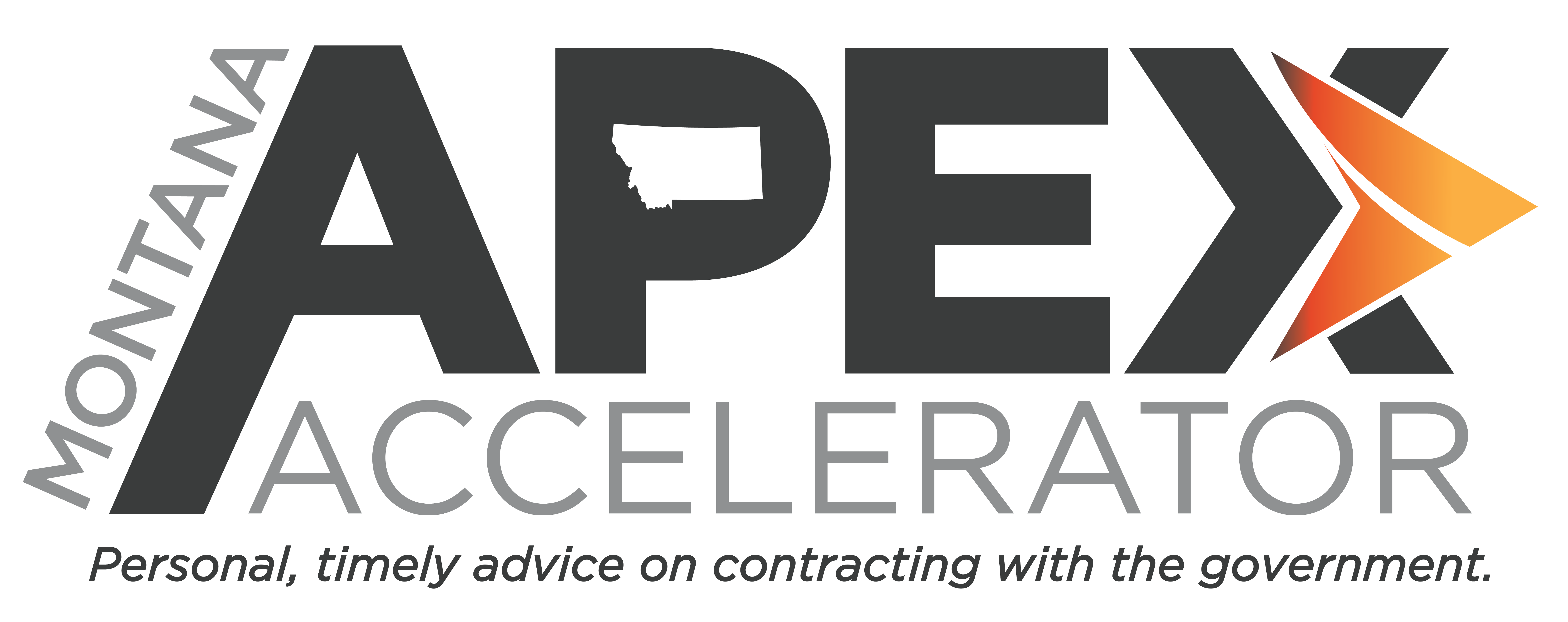Frequently, the government can specify accurately what it intends to purchase but cannot define the delivery dates or the quantities. There are three types of these contract vehicles guided by Federal Acquisition Regulation 16.5: definite-quantity contracts, requirements contracts, and indefinite-quantity contracts. They are used when the buying agency cannot determine a specified minimum, or the precise quantities of supplies or services that the government will require during the contract period.
Commonly known as IDIQs, this method of procurement can help streamline the contract process and speed service delivery. Contracts of this type utilize delivery order and task order contracts. The rules establish a preference for making multiple awards. These rules do not limit competition, and can be set-aside for small business in total or in part, or a reserve.
Definite-Quantity Contracts, FAR 16.502
A definite-quantity contract provides for delivery of a definite quantity of specific supplies or services for a fixed period, with deliveries or performance to be scheduled at designated locations upon order.
Requirements Contracts, FAR 16.503
A requirements contract provides for filling all actual purchase requirements of designated government activities for supplies or services during a specified contract period, with deliveries or performance to be scheduled by placing orders with the contractor.
Indefinite-Quantity Contracts FAR 16.504
An indefinite-quantity contract provides for an indefinite quantity, within stated limits, of supplies or services during a fixed period. The government places orders for individual requirements. Quantity limits may be stated as number of units or as dollar values.
Advantage for the Government
The various types of indefinite-delivery contracts offer the following advantages:
All three types permit-
- Government stocks to be maintained at minimum levels; and
- Direct shipment to users.
Indefinite-quantity contracts and requirements contracts also permit-
- Flexibility in both quantities and delivery scheduling; and
- Ordering of supplies or services after requirements materialize.
Indefinite-quantity contracts limit the Government’s obligation to the minimum quantity specified in the contract.
Terms to Know
“Delivery order contract” means a contract for supplies that does not procure or specify a firm quantity of supplies (other than a minimum or maximum quantity) and that provides for the issuance of orders for the delivery of supplies during the period of the contract.
“Task order contract” means a contract for services that does not procure or specify a firm quantity of services (other than a minimum or maximum quantity) and that provides for the issuance of orders for the performance of tasks during the period of the contract.
When the government issues an order for a product or service, the approved vendors will respond with a firm fixed price quote based on the terms of their original award, which qualified them as part of the indefinite contract. Task orders, for services, will provide details of a specific project, timelines and location. Delivery orders, used for supplies and will be issued when the government needs to replenish a specific supply item.
This contracting method is commonly used to procure supplies and services. Awards are usually for base and option years. The government places delivery orders (for supplies) or task orders (for services) against a basic contract for individual requirements. Minimum and maximum quantity limits are specified in the basic contract either as number of units (for supplies) or as dollar values (for services). These contracts can be awarded to a single vendor or to multiple vendors.
Examples
Services, Single Award: The anticipated type of contract is a firm-fixed price, indefinite-delivery, indefinite-quantity (IDIQ) type contract with a five-year base period. The Government anticipates award of a contract to one IDIQ awardee. Examples include A&E Services, Facility Maintenance, and Landscaping
Services, Multiple Award: Often called Multiple Award Task Order Contract or MATOCs these contracts may be used to provided construction or maintenance across a geographic region. The government will award to multiple vendors and task orders will be issued as ongoing maintenance projects arise. A few examples include, Design/Build Construction, Remediation Services, Hazardous Waste Remediation, Road Brushing, Road Maintenance, Fencing, Noxious Weed Treatment, and Fuels Reduction.
Our Montana PTAC counselors can help you to identify these bid opportunities, and learn if they are a good match for your business.

